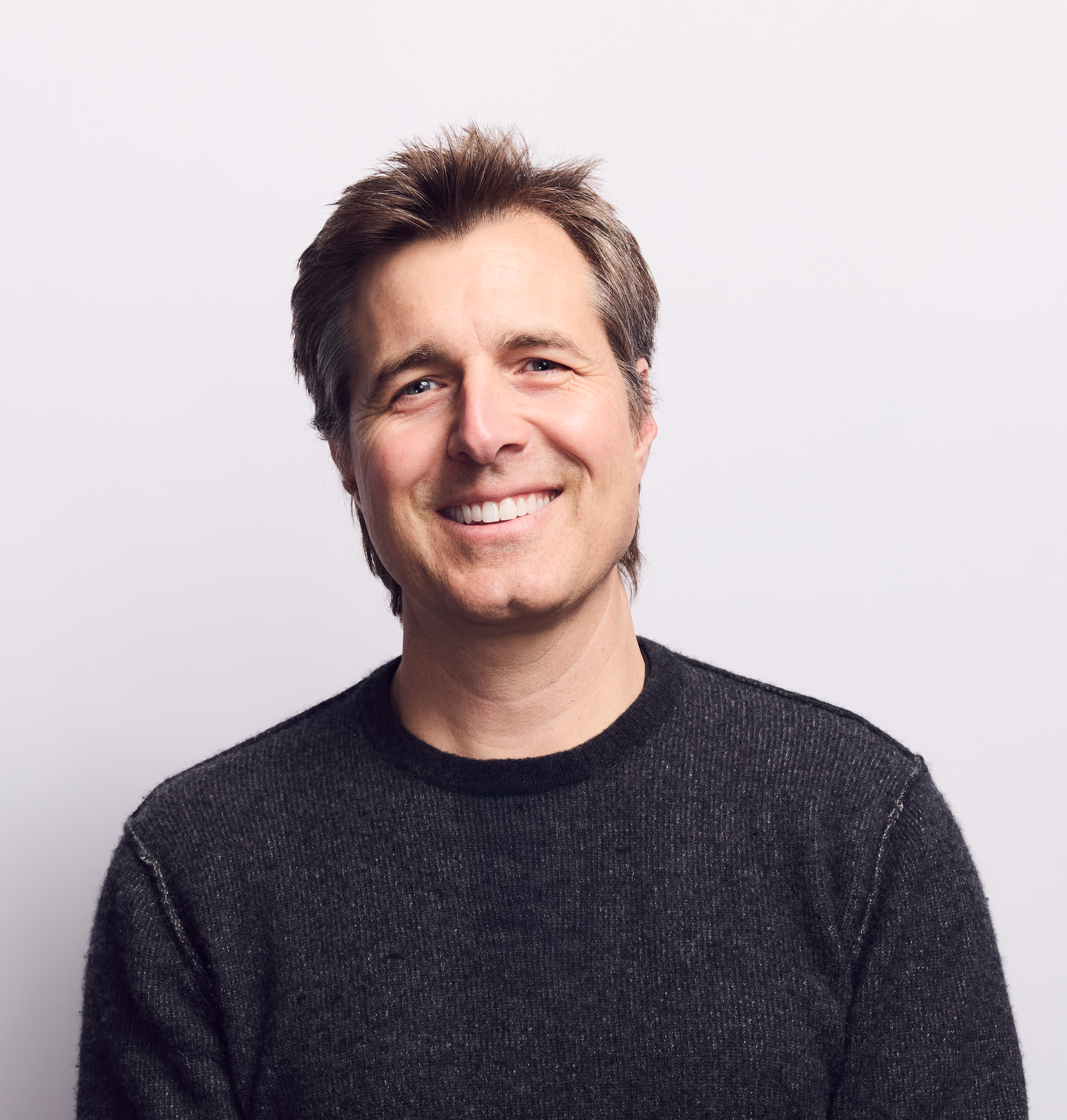Longevity advice is often dispensed like a checklist: exercise more, eat healthier, get better sleep, and track your biomarkers. All of it matters, but it’s not the whole story. Dr. Michael Gervais, founder of Finding Mastery and one of the world’s leading performance psychologists, argues that the missing ingredient in healthy aging is psychological well-being. He’s seen that purpose, optimism, and what he calls “thin-sliced recovery” rituals can do more than enhance performance in the moment; they can actually reshape the trajectory of your healthspan.
For Healthy Aging Month, Gervais recommends thinking beyond the gym and the dinner plate, and training your mind with the same intention you train your body. Because when it comes to longevity, your mindset may be the most powerful muscle you have.
Why A Sense of Purpose Matters for Longevity
Q: What’s one new study, discovery, or insight in your field that you’re genuinely excited about right now?
There’s a growing body of research showing how psychological well-being directly impacts longevity. A 2021 study pulled together decades of data and found that factors like purpose, high-quality relationships, happiness, and resilience aren’t just feel-good concepts.[1] Rather, they’re strongly linked to lower disease risk, healthier aging, and longer life. And in a landmark 2014 study, Hill and Turiano found that having a clear sense of purpose predicts a longer lifespan across all stages of adulthood, regardless of age or retirement status.[2]
For me, that’s powerful: it means that cultivating purpose and meaning isn’t just about fulfillment—it’s a measurable lever for living longer and living better.
Small Habits, Big Impact
Q: How can someone begin applying this research or these insights in a practical, everyday way?
Start small with “thin-sliced” recovery practices. These are short, intentional moments of recovery throughout the day to reset your mind and body. This can be a 90-second breathing practice, a quick walk outside, or writing down one thing you’re grateful for. Done consistently, these practices can lower baseline stress and support both mental and cellular health.[3]
Want a great place to start? Try Dr Gervais’ free guided meditations.
Non-Negotiables For Mindfulness and Movement
Q: What are the top 1–2 health habits or routines that you rarely skip, because they make a meaningful difference?
- Daily mindfulness practice: It helps increase overall awareness and the amount of time I spend in the present moment, where everything amazing about life takes place.
- Movement every day: Not always a full workout, but some form of deliberate physical activity. It keeps both my mind and body tuned. For example, walking at least 20 minutes every day has been a game-changer.
Looking Ahead: Training the Mind Like the Body
Q: What’s something most people aren’t thinking about yet when it comes to healthy aging—but will be in the next 5–10 years?
In the next decade, we’ll see a much bigger focus on psychological health as a significant marker of human flourishing. We’re starting to understand that the way we process and regulate thoughts and emotions can have as much impact on aging as cholesterol or blood pressure. Wearables and biomarkers will soon give real-time feedback on emotional states, and people will start training their psychological fitness the same way they train their VO₂ max.
Books for Mind-Body Mastery
Q: What is a book, paper, or podcast you think everyone should check out?
Right now, I’m enjoying Jonathan Haidt’s The Anxious Generation. If you’re looking for some foundational reading about mindset, I recommend Viktor Frankel’s Man’s Search for Meaning and Edith Eger’s The Choice: Embrace the Possible.
What Longevity Means to Michael Gervais
Q: What does aging well or longevity mean to you, personally?
To me, aging well means being on the path of mastery, staying curious, agile, deeply connected to those around me, right up until physical life ends. It’s being in service to something larger than myself. It’s aligning my thoughts, words, and actions everywhere I go. To do these things well, I need to invest in the psychological tools to navigate the adventure of life.
Gervais’s Go-To for Skin Longevity
Q: What OneSkin product is your favorite and why?
I like the OS-01 FACE moisturizer. It’s part of my morning routine. I appreciate the science behind targeting skin health at the cellular level. For me, it’s not about aesthetics as much as it is about supporting the body’s largest organ so I can keep doing the work I love for decades to come.
Conclusion
Healthy aging isn’t only about the hours you log in the gym or the meals you carefully plan. It’s also about training your inner world; recovering in small moments, building purpose, nurturing optimism, and practicing presence. These psychological investments won’t just help you feel better day-to-day; they compound into a longer, fuller life.
As the science of longevity evolves, the next frontier won’t be about pushing harder, but about living with greater alignment; body and mind working together in service of something bigger. For Gervais, this is the true definition of mastery: navigating life with curiosity, connection, and a sense of purpose.
Key Takeaways:
- Longevity isn’t just physical; mindset, purpose, and optimism are equally critical to how long and how well we live.
- Having clear meaning in life isn’t just fulfilling, it’s scientifically tied to reduced disease risk and extended lifespan.
- Longevity is built on small resets that compound, not just grand routines or intense training.
- Daily mindfulness and simple movement, like a 20-minute walk, keep both the body and mind tuned.
- The future of healthy aging lies in aligning body and mind through measurable, trainable psychological skills.



